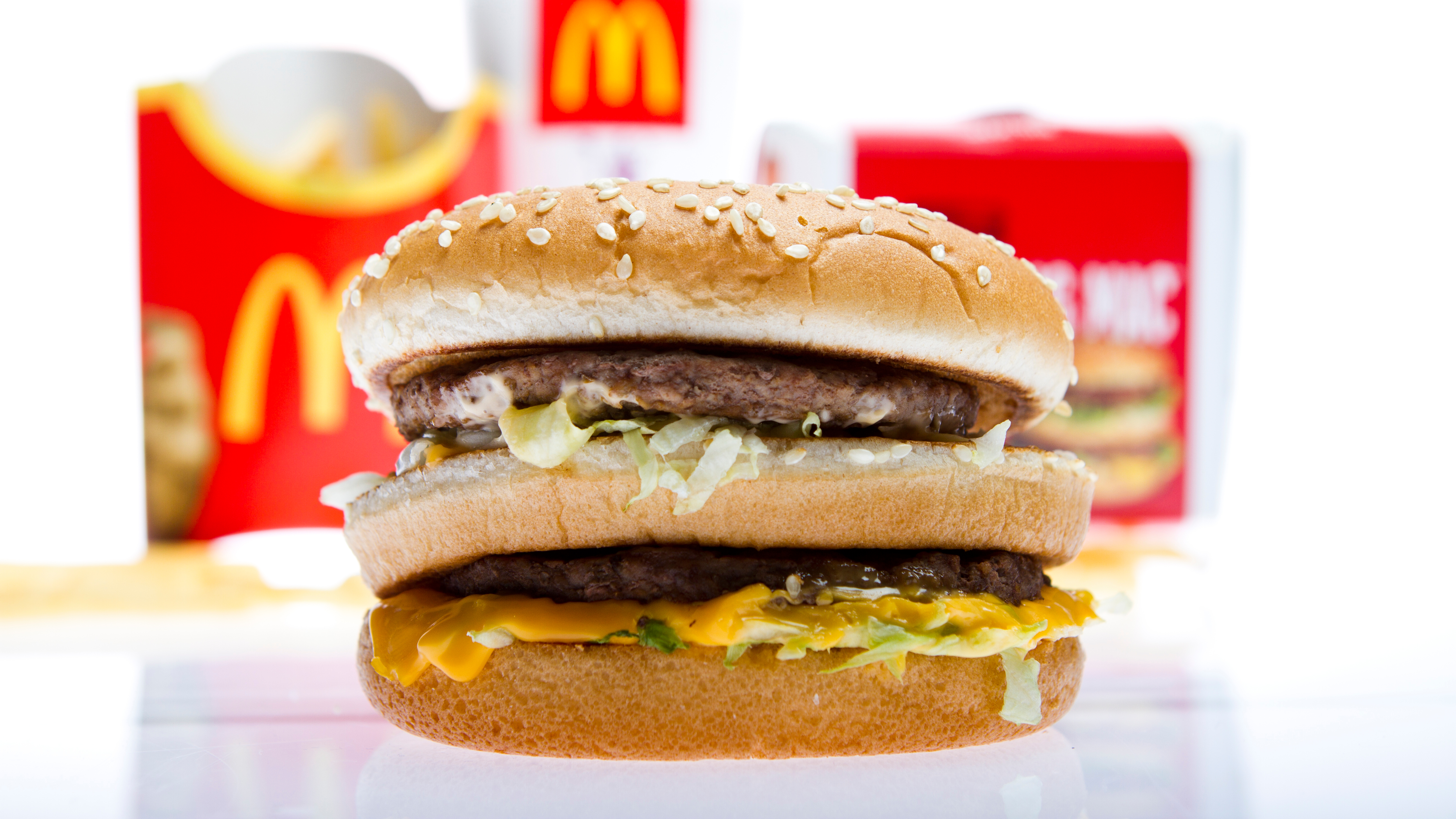McDonald's Is Removing All Artificial Preservatives And Colors From Its Classic Burgers
In a move the company is billing as important as serving breakfast all day or switching from frozen beef to fresh, McDonald's announced today that its classic beef burgers will no longer use artificial preservatives, artificial flavors, and without "added colors from artificial sources."
The move to towards a more natural product (including using fresh instead of frozen beef) follows a 2016 change to remove preservatives from its chicken nuggets. A McDonald's spokesperson states that "right now about two-thirds of the company's sandwiches" are preservative free, with the ongoing effort to reach 100 percent. There will be some exceptions: notably pickles, and limited-run sandwiches. (Dunkin' Donuts... make that Dunkin', announced earlier this year that the company will remove artificial colors from its products.)
Although the beef patties were already preservative-free (seasoned only with salt and pepper), the new change primarily affect the sandwiches' buns (remember Subway bread and yoga mats?), sauce, and cheese.
For example, the company has removed calcium propionate, which "used to be in all of the company's core buns," says McDonald's chef Mike Lingo. Since that additive helps prevent mold, individual McDonald's are "taking a lot of steps at the restaurant level on top of that," says Lingo, "to make sure that they're pulling out only as much as they need for that day." Similarly, sorbic acid has been pulled from American Cheese for the cheeseburgers and "artificial preservatives including potassium sorbate, sodium benzoate and calcium disodium EDTA" from the special sauce of the Big Mac.
McDonald's USA President Chris Kempczinski stated Wednesday: "We've made significant strides in evolving the quality of our food—and this latest positive change to our classic burgers is an exciting part of that story." Future McDonald's improvements still lie ahead, such as "sustainably sourcing all McCafé coffee by 2020" and "transitioning to cage-free eggs in the U.S. and Canada by 2025."
